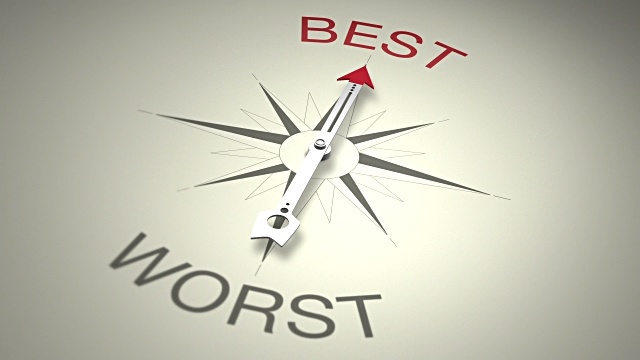top producer
-
Those Who Follow Sales Best Practices Don’t Necessarily Become Top Performers
- June 24, 2016
- Posted by: Dave Kurlan
- Category: Understanding the Sales Force

You’ll regularly find me writing about the science – the data – that differentiates top sales performers from the bottom. But today, I’ll move into the world from which everyone else in this space operates – anecdotal evidence and opinions.
I will cite two sources for this article:
The 130 sales consulting firms that partner with me at Objective Management Group (OMG) and provide our award-winning sales force evaluations and sales candidate assessments;
The tens of thousands of salespeople, sales managers and sales leaders that I have personally trained.In both groups of people I have noticed a few things that are common to the tops and not so much the bottoms and I’m certain that if you paid attention, you would recognize some of the same patterns in your organization.
-
How Would Your “Top Salespeople” Do If…..
- May 16, 2011
- Posted by: Dave Kurlan
- Category: Understanding the Sales Force
Most companies have people who are considered top performers who, under different circumstances, would be considered extremely weak salespeople. While these salespeople do appear to be weak when we assess them, it’s much more difficult for management to recognize how weak they are when they lead their company in revenue. Notice how I didn’t say “sales”? That’s right, they happen to manage more revenue than anyone else, but that has less to do with selling than it does account management…

